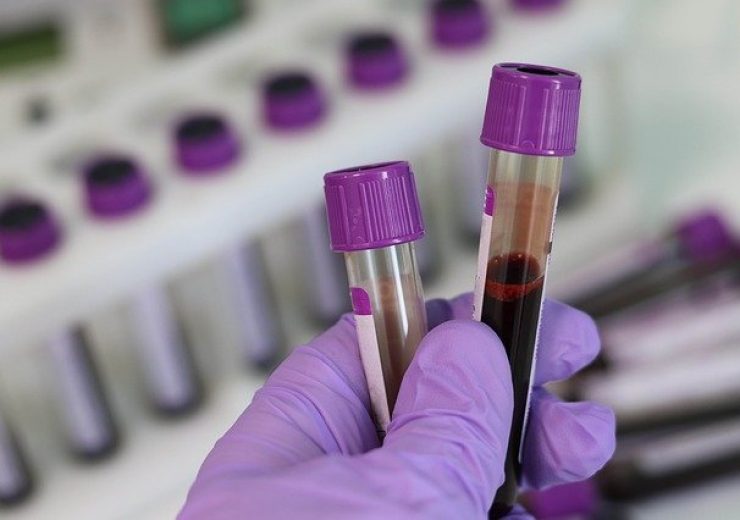The CE mark for both assays is a significant step forward for the company’s Procleix portfolio

Grifols has secured CE mark approval for Procleix UltrioPlex E and Procleix Babesia assays. (Credit: Belova59 from Pixabay)
Grifols, a provider of plasma-derived therapies and diagnostic solutions, has secured CE mark approval for its Procleix UltrioPlex E and Procleix Babesia assays.
Designed to enhance blood safety, the Procleix UltrioPlex E Assay is a nucleic acid test (NAT) that will help identify the presence of human immunodeficiency virus type 1 (HIV-1), HIV type 2 (HIV-2), hepatitis B virus (HBV), hepatitis C virus (HCV), and hepatitis E virus (HEV) in a single and simultaneous test from human serum or plasma.
In August last year, the company first commercially launched the Procleix UltrioPlex E Assay in Japan.
By using transcription-mediated amplification (TMA) technology, the assay will detect the presence of specific nucleic acid sequences for HIV-1, HIV-2, HBV, HCV, and HEV in serum or plasma of donated blood.
The high sensitivity and specificity of the amplification technology will allow to detect the targeted pathogens in the early stages of infection.
Procleix Panther System, which is a fully automated NAT instrument launched in 2012 in the EU market, is used to run the Procleix UltrioPlex E Assay
Grifols diagnostic commercial division president David Dew said: “We are excited to announce the CE mark of two additional assays, as part of our Procleix portfolio for screening blood and plasma, demonstrating Grifols’ continued commitment to transfusion safety.
“Certification of the Procleix UltrioPlex E and Procleix Babesia assays enhances the competitiveness of our Procleix portfolio and enables blood banks in Europe to increase transfusion safety.”
The Procleix Babesia Assay has been designed to identify Babesia, a tick-borne parasite that infects the host’s red blood cells.
By using TMA technology, the Procleix Babesia Assay will identify the presence of specific ribosomal RNA sequences of at least four clinically relevant species of Babesia parasites in whole blood specimens from blood donors.
The species consist of B. microti, B. duncani, B. divergens, and B. venatorum. This assay also runs on the fully automated Procleix Panther System.
